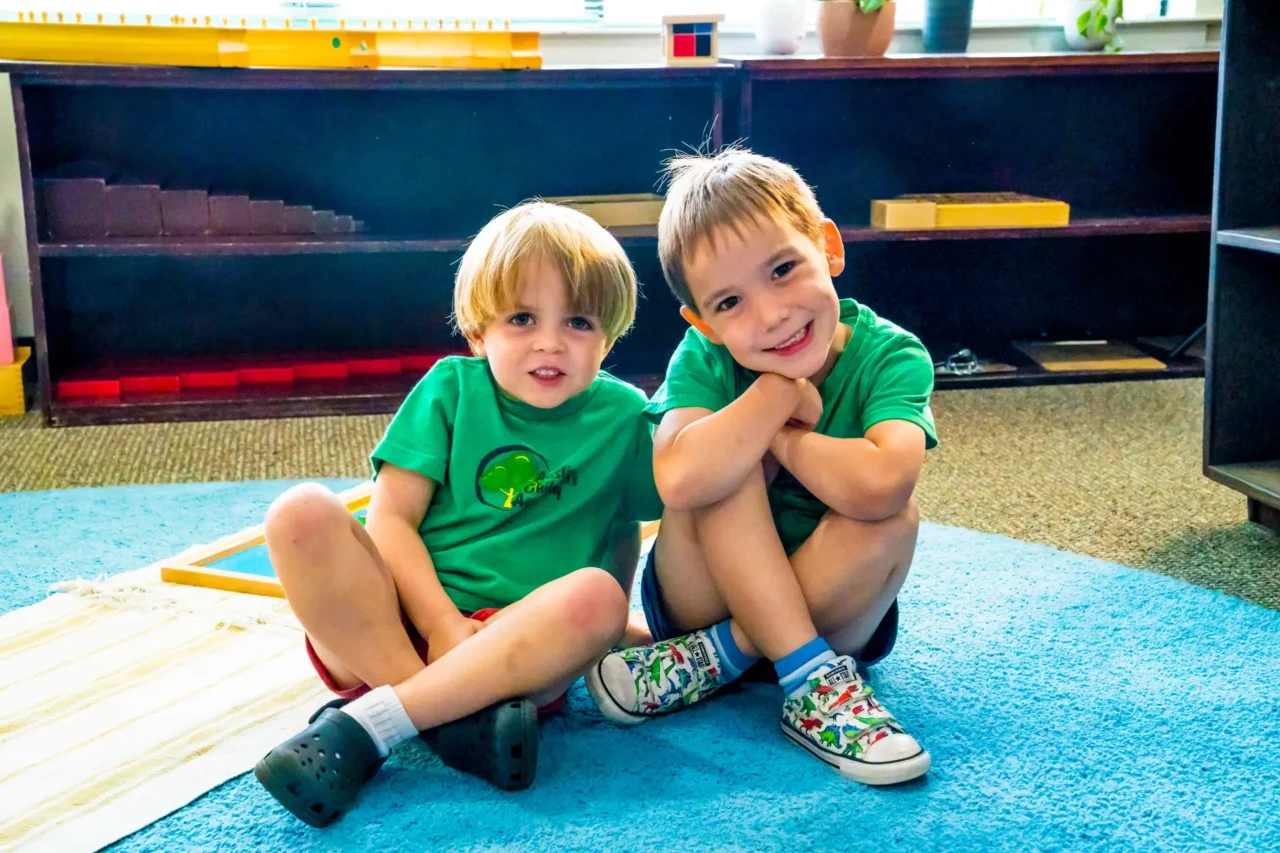
Long before your child tackles times tables, he or she must develop the fundamental number, counting, and pattern recognition skills that form the foundation of mathematical learning. Fortifying these skills is crucial, but kill-and-drill isn’t always the way.
Chuck those flashcards in favor of these 6 easy ways to boost your child’s early math schools, every day.
Sort Socks
Grouping similar items is a method of pattern recognition. In the playroom, you can do this with colorful blocks, balls, or other toys. But why not take advantage of your helpful toddler or preschooler and have him sort the socks in the laundry basket into color, size, and/or pattern? Make it into a game by playfully tossing the socks at him, one at a time. To encourage counting skills, ask him to tell you how many items are in each group.
Play The “How Many?” Game
Any family that has gone on a long driving trip will be familiar with “I Spy.” To switch it up, play the “How Many?” game. If you’re stopped at a traffic light, ask how many square (or round, or rectangular, or pointy, etc.) things they can see. Your preschooler and older children will have to search for certain shapes in unexpected or previously unnoticed places as well as brush up on their counting (and adding) skills.
Sing, Rhyme, And Smile
Many silly nursery rhymes teach toddlers numbers and counting skills. Game-songs like “Five Little Monkeys Sitting On The Bed” and “One Two Buckle My Shoe” go a long way toward entertaining your toddler while sneakily teaching them math fundamentals.
Bake Brownies
Baking with your child is a fun and delicious way to boost math skills. You can also adapt it according to your child’s age. Young, tactile learners will develop counting skills. Preschoolers can grasp concepts of volume and weight. Grade school children will have a visual education on the tricky concept of fractions. Your older children may learn some basic chemistry.
Play Board Games And Do Puzzles
There are lots of effective early-learning games available for phones, iPads, and other screens, but tactile learners, in particular, will benefit from good old-fashioned board games and wooden or plastic puzzles. Great math-building board games for preschoolers include Snug As A Bug, picture dominos, and Hi Ho Cherry-O.
Play Music
Playing an instrument is a great way to develop auditory pattern recognition. If your child loves banging a wooden spoon on a plastic bowl, encourage him to try different beat patterns. The same can be done by encouraging a series of notes on a play piano.
The best way to teach your children any new skill is to take joyful advantage of their eagerness to try new things. Children learn best when they’re having fun.





